Elites
and myths about them
Diliara Valeeva
Guest lecture at the 'Human Geography' course
7 December 2021
Structure
1. Why study elites?
2. Key definitions
3. Corporate elites
4. Key findings
5. Conclusions
1. Why study elites?



2. Key definitions
Who rules?
*Classical elite theorists: V. Pareto, R. Michels, G. Mosca
masses
elites
Elites are “those who have vastly disproportionate control over or
access to a resource” (Khan, 2012: 362).
Definition
* elites occupy power positions
* a resource must have transferable value
3. Corporate elites
Corporate structure
Shareholders
Board of directors
Officers: CEO, CFO etc
Management
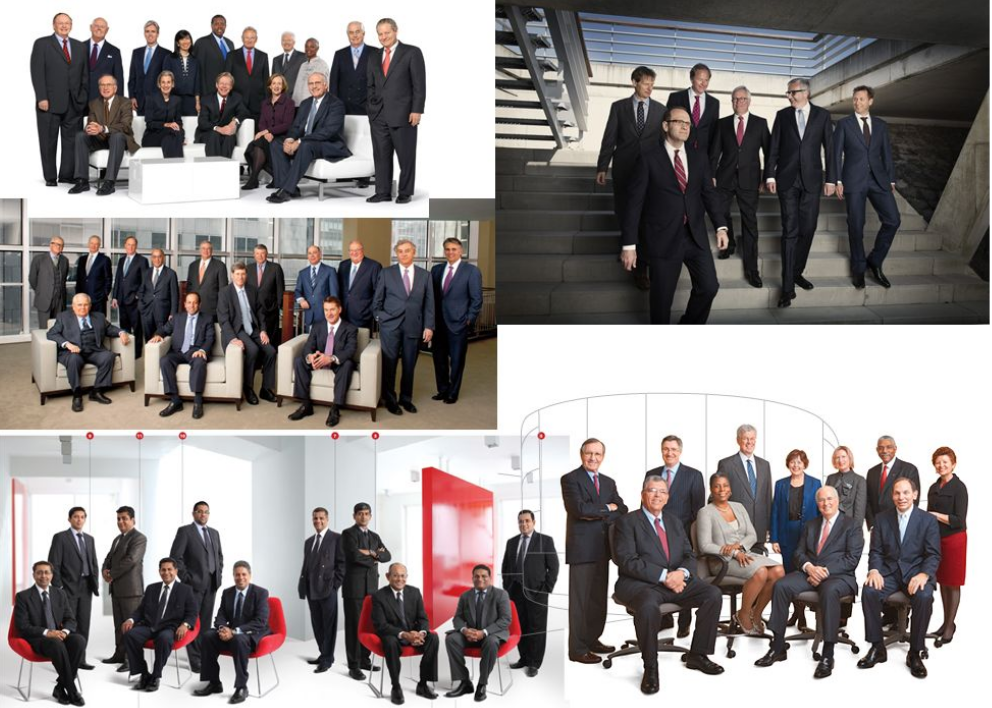

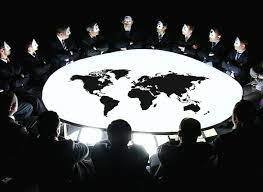
Three myths
2. Firms owned by dynasties are internationalizing
3. Nation-states no longer matter for elites
1. Elites are moving from being national to being global
How globalized are corporate elites?

Data and Methods
200 million firms and their board members
Mostly quantitative data analysis
Descriptive analysis
Statistics and network analysis
5. Key findings
Myth 1.
Elites are moving from being national to being global
Uber (US)
Walmart (US)
Nestle (CH)
Alibaba (CN)
Wang Ling Martello

Kraft Foods (US)
Borden Foods (US)
NCH Marketing (US)
Stellantis (NL)

Warner Music (US)
Netflix (US)

Gruner + Jahr (DE)
Axel Springer (DE)
Vodafone (UK)

Mathias Döpfner

KPMG (BE)
KBC bank (BE)
Cera (BE)
Erik Clinck
Farming for Climate (BE)
Boost for Talent (BE)
Thomas More (BE)



<10%

Key findings
1. Elites remain attached to their country of origin
Myth 2.
Firms owned by dynasties
are internationalizing
Al Nahyan family on board of
First Abu Dhabi bank



Rotschild family
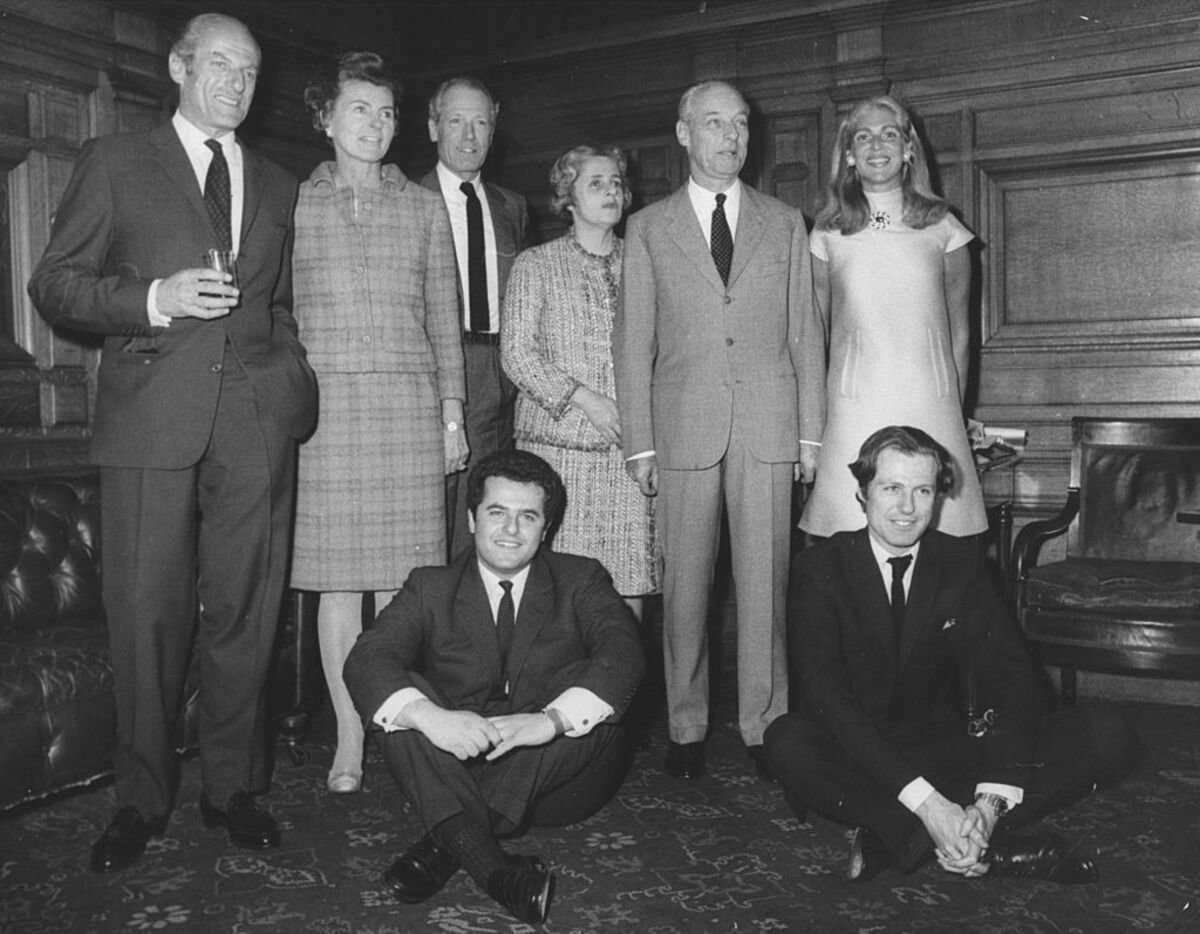
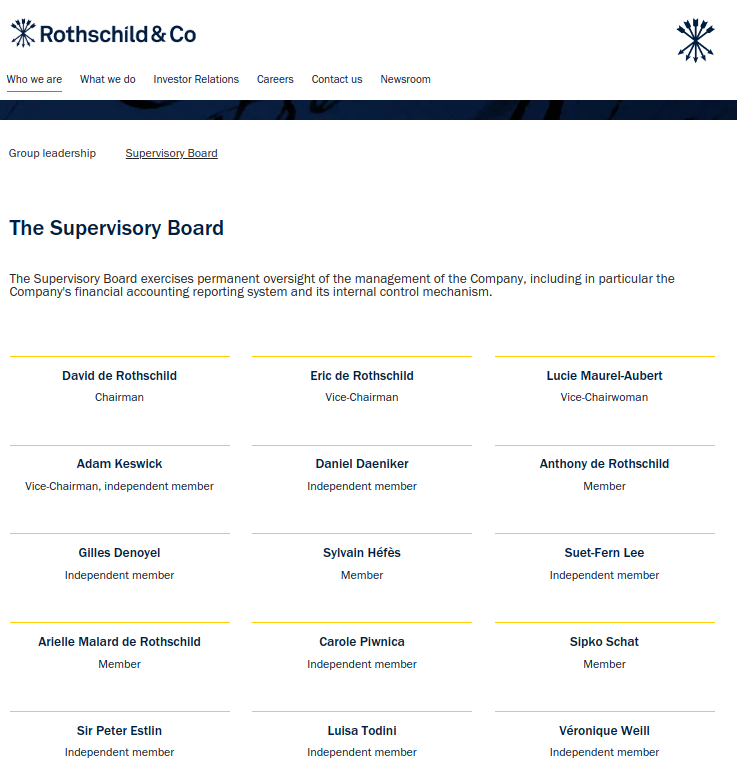
Faber-Castell family



Key findings
1. Elites remain attached to their country of origin
2. The role of national dynasties has not diminished
Myth 3.
Nation-states no longer matter for elites
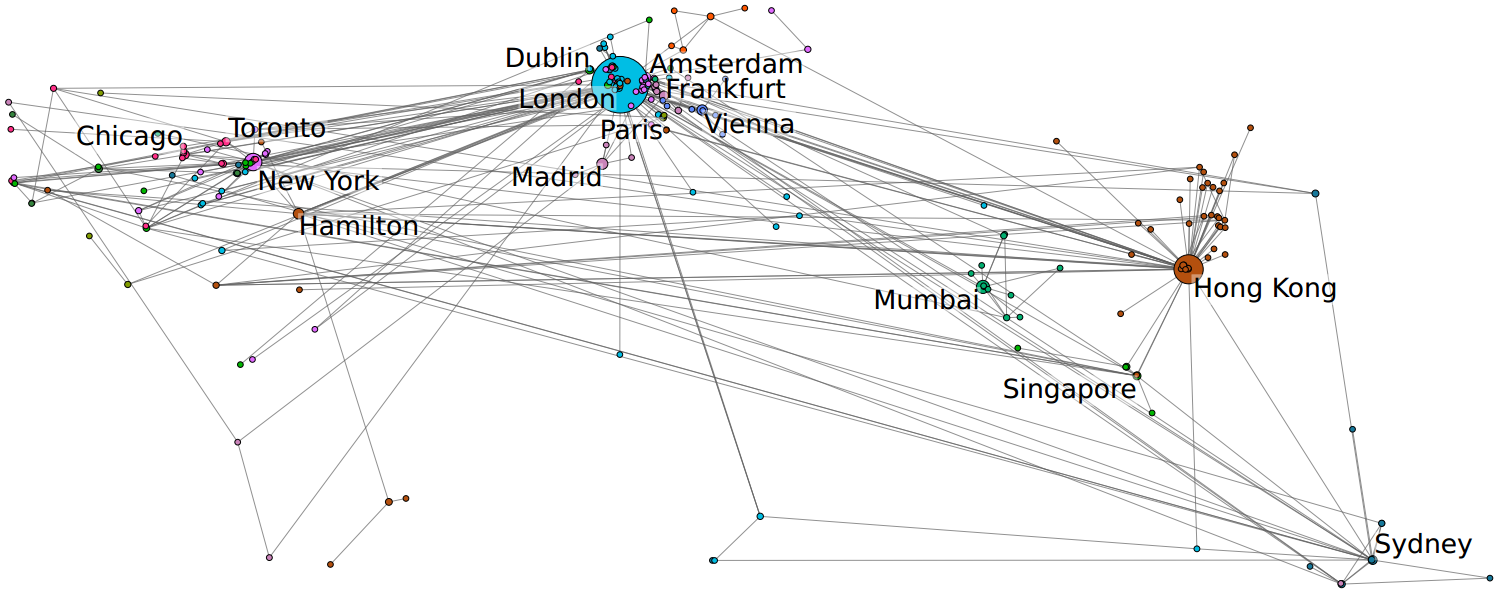

Super yacht and private jet mobilities (Knight Frank Wealth Report, 2020)

Key findings
1. Elites remain attached to their country of origin
2. The role of national dynasties has not diminished
3. Elites are concentrated within regions
Three myths
2. Firms owned by dynasties are internationalizing
3. Nation-states no longer matter for elites
1. Elites are moving from being national to being global
@diliara_valeeva
This presentation online: slides.com/diliaravaleeva/elites
www.diliaravaleeva.com